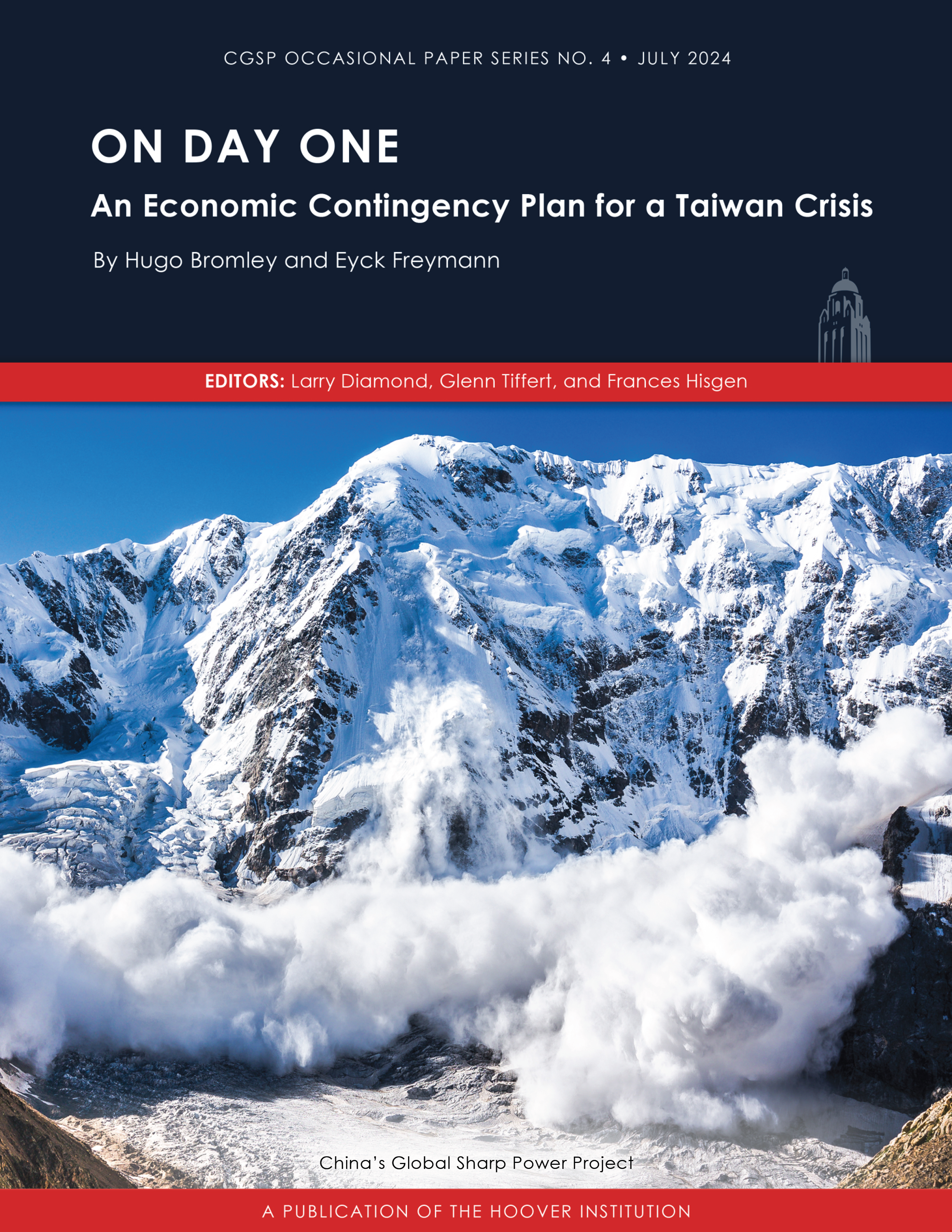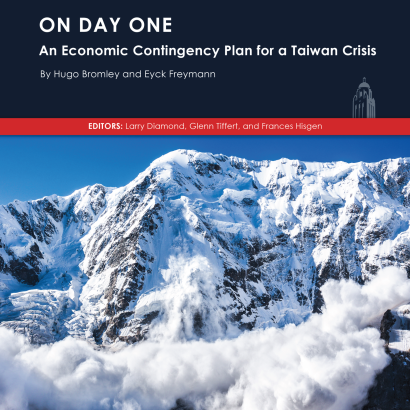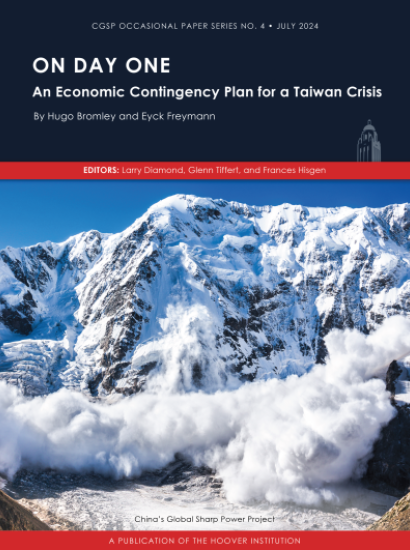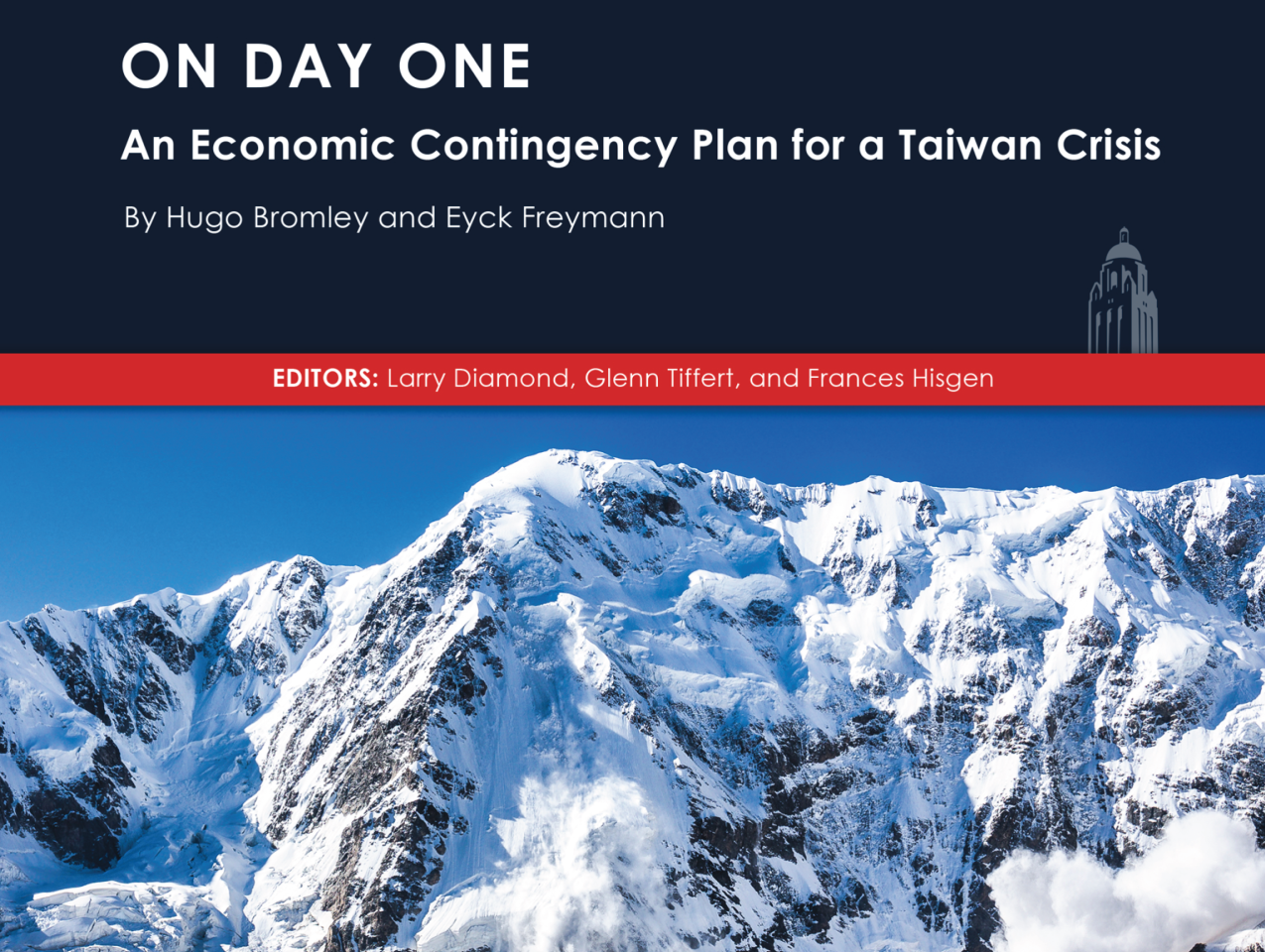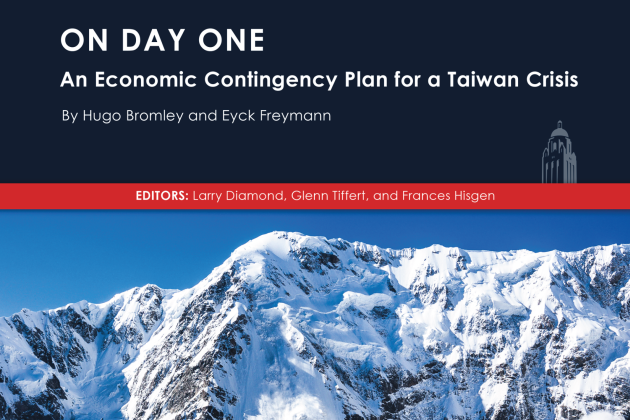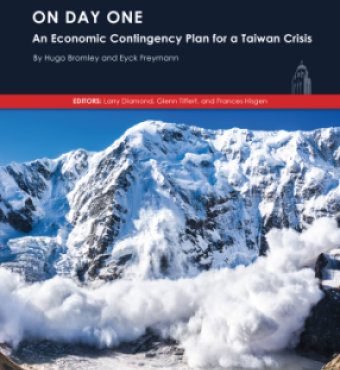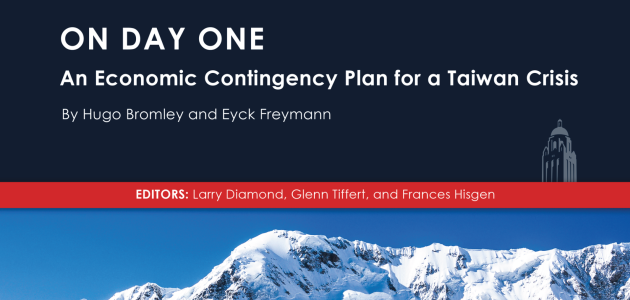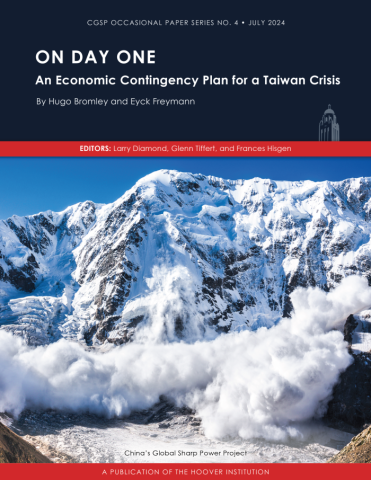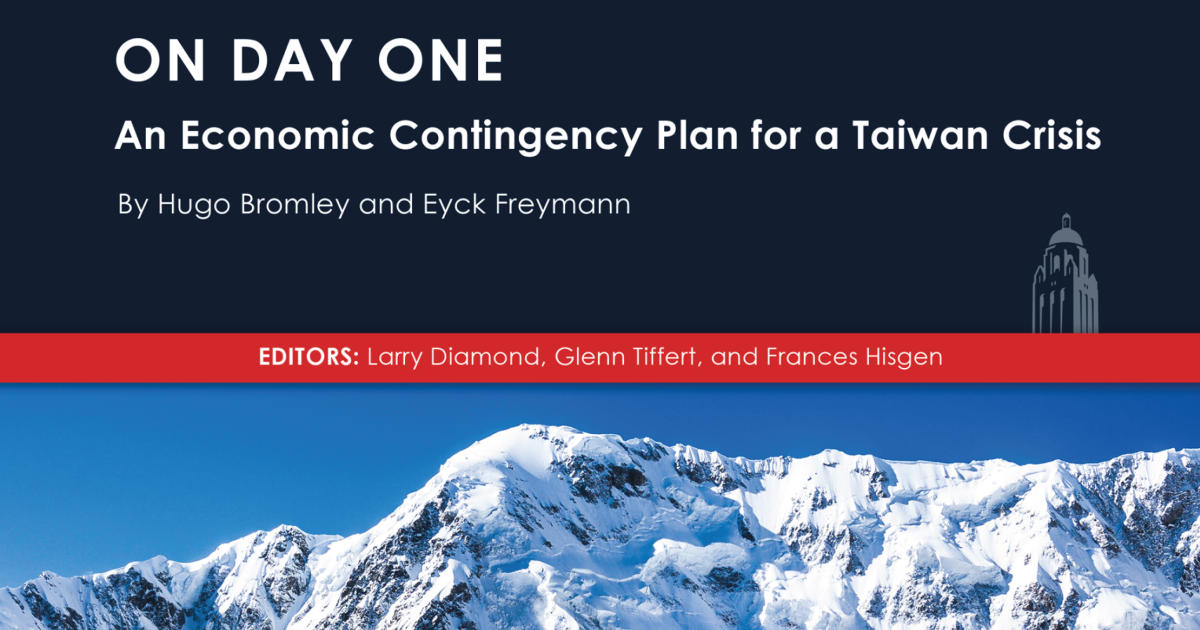- International Affairs
- China
- Confronting and Competing with China
Executive Summary
Full economic decoupling from China is not possible or desirable today, but it may become necessary in some break-glass scenarios. Washington needs a plan to decouple from the People’s Republic of China (PRC) starting on Day One of a Taiwan crisis, both as a contingency plan and as a part of integrated deterrence. However, trying to force a hard decoupling through sanctions would not serve US interests, and the PRC would likely prove resilient. Instead, Washington should publicly prepare a plan to trigger “avalanche decoupling” on Day One as part of a wider program of economic recovery and leadership. Supply chains would stay as open as possible in the short term, but unilateral US actions would create inexorable momentum toward full decoupling over time. Avalanche decoupling would harness market forces and incentivize third countries to cooperate, including by helping to secure US borders against mislabeled PRC products.
To achieve avalanche decoupling, Washington would embrace four guiding principles:
- Impose no restrictions on noncritical supply chains on Day One, and thereafter give firms adequate time to reshore them.
- Sustain dollar hegemony and prevent the rapid internationalization of the renminbi (RMB).
- Refrain from asking other countries to decouple from the PRC; instead, build US decoupling into a wider program of economic support in response to the Taiwan crisis.
- Commit the United States to enforce its anti-PRC trade policy against third countries in a rules-based manner, subject to appeal and external adjudication.
Guided by these principles, we propose three policies to facilitate avalanche decoupling:
- Unilateral discriminatory trade policy, likely ratcheting tariffs or quotas to take imports from the PRC to zero over a period of years, citing the World Trade Organization (WTO) national security exemption.
- Unilateral currency market intervention against the RMB.
- The establishment with Core allies of an Economic Security Cooperation Board (ESCB), which would provide aid to third countries, collective insurance against PRC economic coercion, and a rules-based system to support and adjudicate US and allied trade policy against the PRC.
The plan would sustain support for a revitalized rules-based trading system across much of the global economy, while the United States and its Core allies (e.g., Japan, the United Kingdom, Canada, and Australia) decouple through national trade policy. Publicly developing the plan in advance, alongside Core allies, would give the United States an additional option for Day One. It would also show Xi Jinping that if he moved against Taiwan, most of the global economy would cooperate with Washington, leaving China impoverished and isolated, even if it triumphed in a Taiwan war.
Policy Recommendations
- Congress should systematically evaluate the Day One Plan and compare it to alternatives.
- Congress should introduce legislation authorizing the plan and leave it on the shelf as one of multiple options if the PRC moves against Taiwan.
- US and allied diplomats should explain the plan to nonaligned countries, and to Xi.
On Day One by Hoover Institution on Scribd







